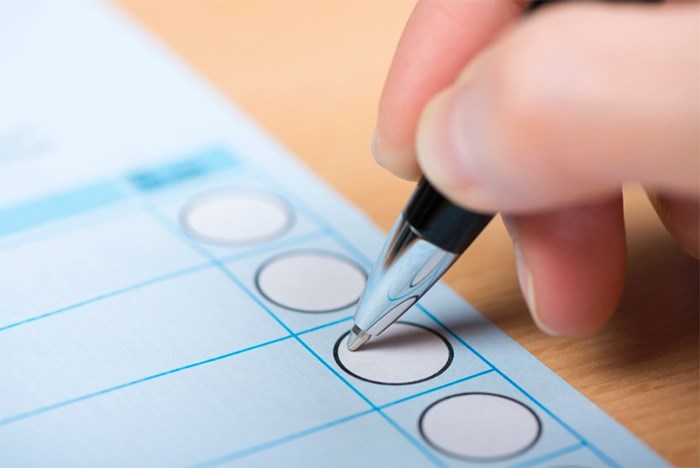The first-ever mayoral byelection in Moose Jaw history is nearly here and the city clerk’s office has been diligently preparing for voting day and a potentially close outcome.
Election day is Wednesday, Nov. 3, from 9 a.m. to 8 p.m. Voters in Moose Jaw can vote at Minto United Church, Cosmo Senior Citizens Centre, Church of Our Lady, or the super-polling station at the Moose Jaw Exhibition Convention Centre.
Nine candidates are vying to become the next mayor of Moose Jaw, including Coun. Heather Eby, Coun. Crystal Froese, Coun. Kim Robinson, Mike Simpkins, Wayne Watermanuk, Brett McAuley, Sam Morrison, Michael Haygarth and Clive Tolley.
City hall has been preparing for the mayoral byelection ever since previous incumbent Fraser Tolmie became the Member of Parliament for the Moose Jaw-Lake Centre-Lanigan constituency following the 2021 federal election in September.
“The city clerk’s office has put a lot of work into ensuring safe and accessible voting and will continue to put every effort into ensuring the voting process goes as smooth as possible for residents,” city hall said in an email.
Running a mayoral byelection is similar to holding a byelection for a city councillor position, and since the City of Moose Jaw follows the election bylaw, there have not been changes to that bylaw since last year, the email continued.
During the 2020 municipal election, the city clerk’s office estimated there were about 25,900 eligible voters in Moose Jaw. The office said in the email that it believes there are still that many potential voters in the city.
While there may be that many eligible voters in Moose Jaw, only about one-fifth of that number — 5,814 — showed up to vote during the 2020 municipal election. Asked if it was concerned about a similar turnout, the city clerk’s office replied, “The city encourages all eligible residents to cast a ballot, and as always, we have provided multiple ways for residents to vote.”
With nine people running, hypothetically, that means each candidate could receive about 600 votes each if 5,814 voters show up again.
Asked if there was a certain threshold needed for a recount of votes or if there was a definite “win” number/percentage a candidate needed to become mayor, the city clerk’s office said that the candidate with the most votes is deemed the winner.
There are mechanisms within the Local Government Election Act that could trigger a recount, the email continued, with sections 157 to 167 of the act dealing with recounts and section 155 dealing with tie votes.
According to section 158, “Subsection (2, below) applies if the returning officer has declared the results of a vote pursuant to section 139 or 152 and one of the following circumstances exists: (a) the difference between the number of votes cast for any elected member and the candidate having the next highest number of votes is less than the number of ballots counted but objected to plus all rejected ballots, except those on which no vote was made; (b) the difference between the yes and no or affirmative and negative votes respectively is less than the number of ballots counted but objected to plus all rejected ballots, except those on which no vote was made.
“(2) In a circumstance mentioned in subsection (1), any voter or candidate in the municipality or school division, as the case may be, in which the vote was taken, may request a recount by delivering to the returning officer, within 10 business days after the declaration of the results of the vote, a notice in the prescribed form requesting a recount.”
The city clerk’s office added that one recount happened in 1988. Jim Dixon — currently the city’s manager of economic development — initially lost, but won his seat by one vote after a recount.
City hall added that 2,011 people had voted over the four days that advance polls were held.




